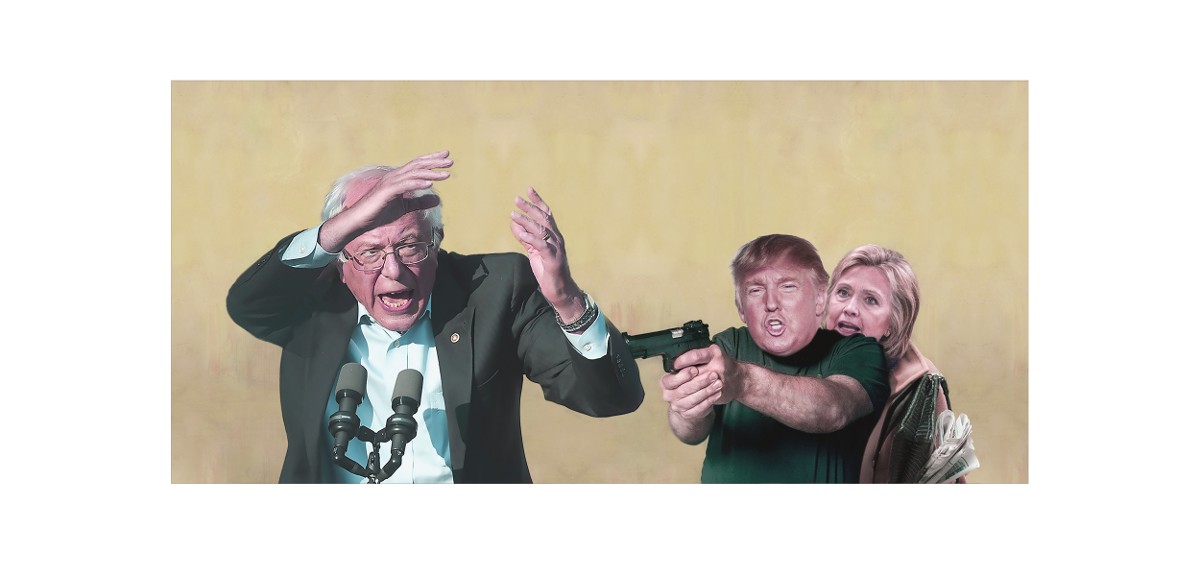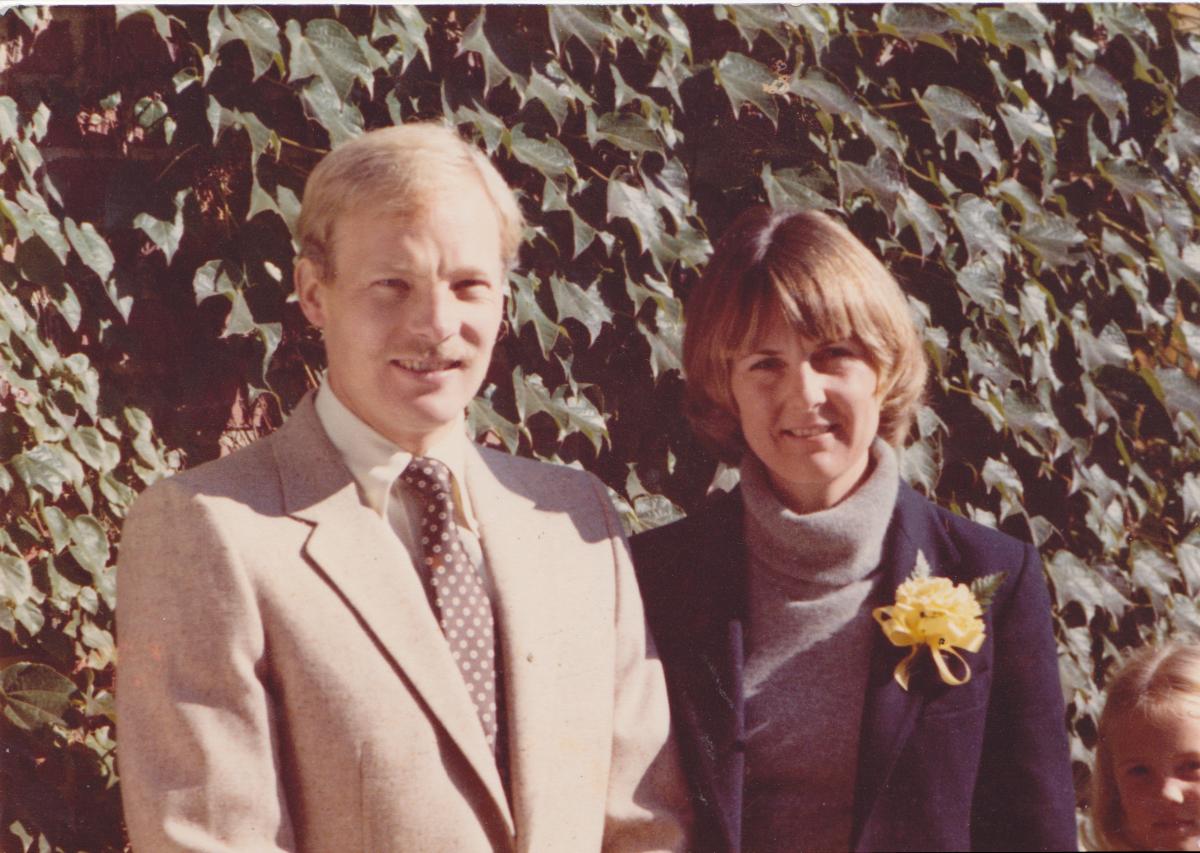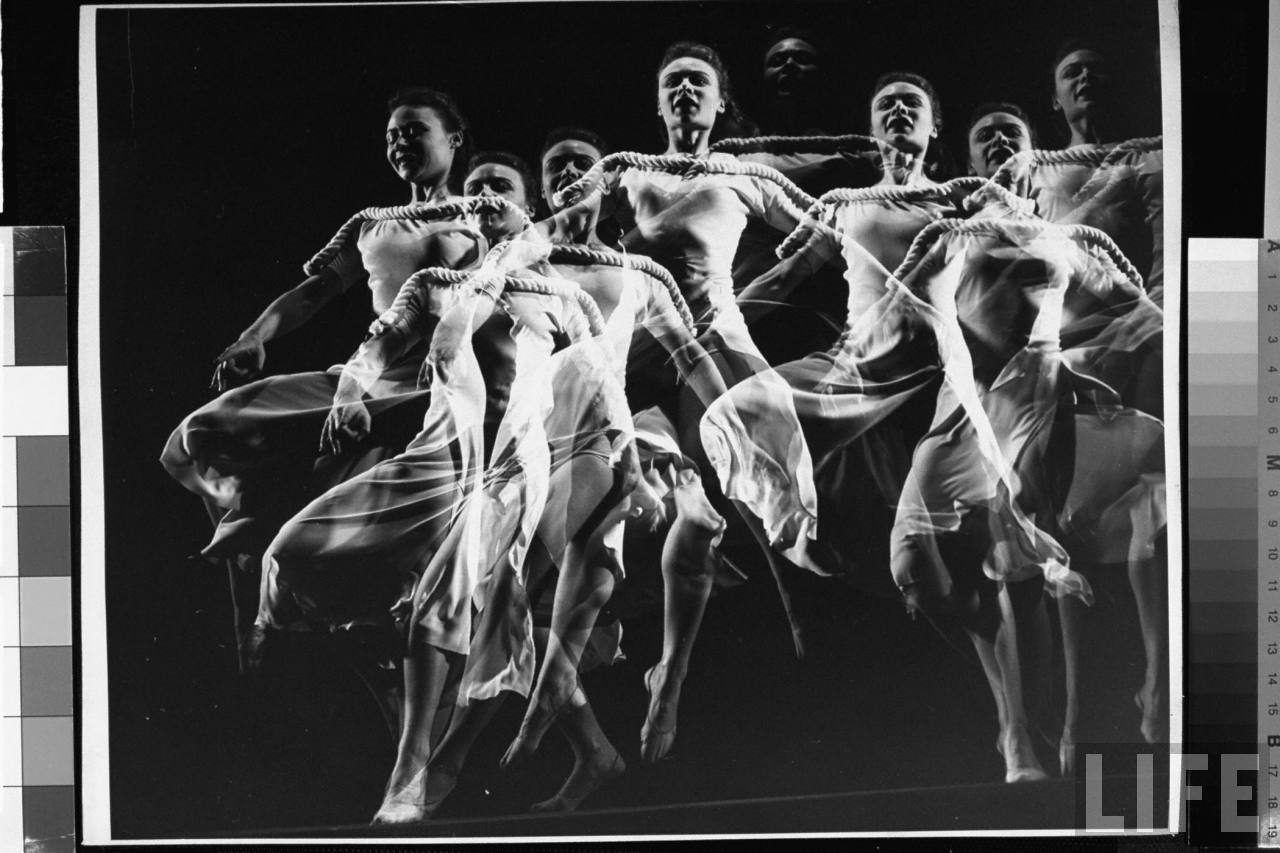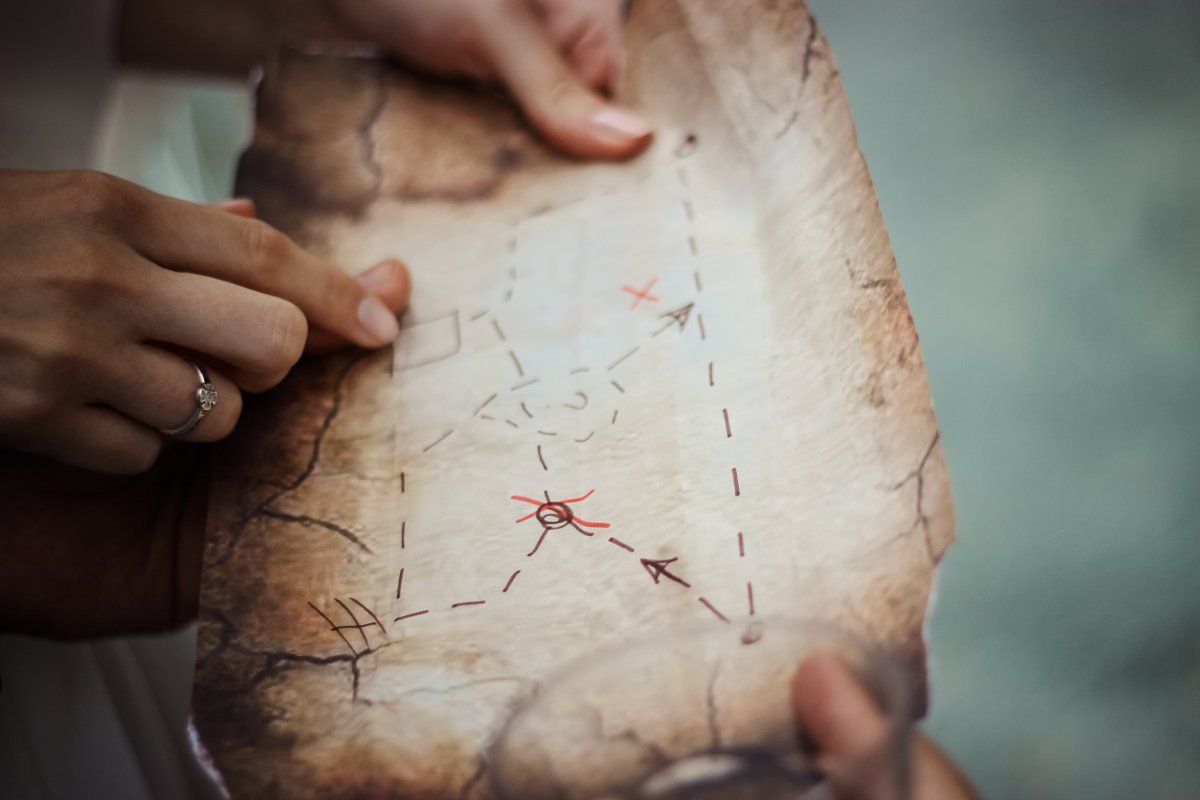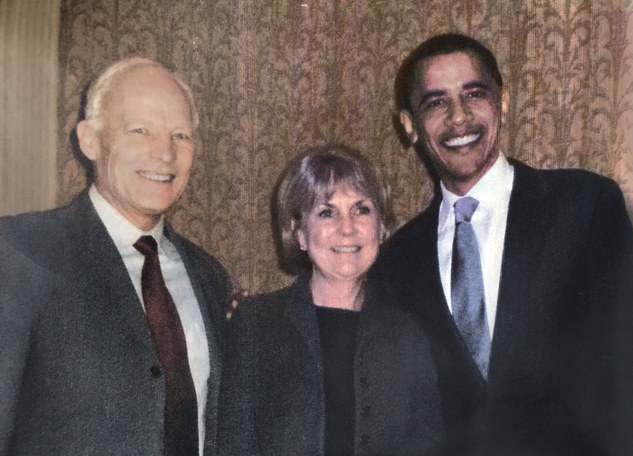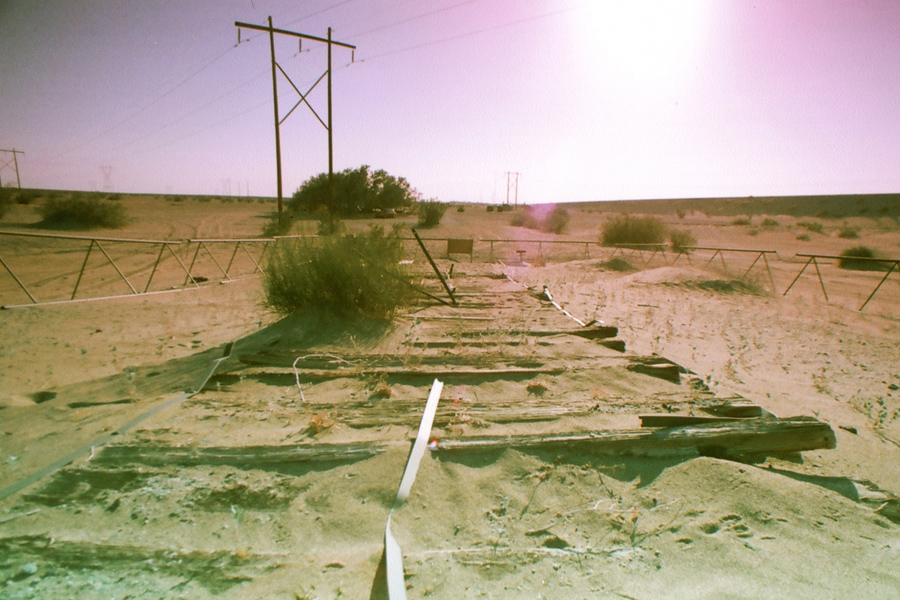Tag: leadership
The Menace of Mendacity
Whoever is careless with the truth in small matters cannot be trusted with important matters. —Albert Einstein There are only two mistakes one can make along the road to truth; not going all the way, and not starting. —Buddha Truth is not a trivial thing. Words matter. Being accurate requires curiosity, diligence, and rigor. I know that everyone has a different idea about what is truth. Much of the debate started when Pontius Pilate asked Read More
Marketing and Leadership
“When you are made a leader, you aren’t given a crown; you are given the responsibility to bring out the best in others.” —Jack Welch, Former CEO of General Electric There is an old adage that leaders are born not made. That myth became popular as people observed that most leaders had personality traits such as intelligence, charisma, attractive appearance, and confidence. I believe the truth is that effective leaders are typically born AND made, Read More
Prophets and Their Purposes
The world has been blessed with powerful messages from prophets of the past. Five of these prophets have a present-day influence on billions of people: Moses, Laozi, Buddha, Jesus, and Muhammad. These five men were the impetus for Judaism, Taoism, Confucianism, Buddhism, Christianity, and Islam. Those religions represent almost 6 billion of the 7.6 billion people on the planet. Given those numbers, it seems appropriate to discuss who they were and what they were about. Read More
Disruption, Destruction, and Distraction
Independence Day 2017 “Power can be very addictive, and it can be corrosive. And it’s important for the media to call to account people who abuse their power, whether it be here or elsewhere.” —George W. Bush, 2017 Disruption can be for better for worse. Luckily for me, the two major disruptions in my life turned out for the better. In 1968, at age 23, I was sent to Vietnam as a soldier in Military Read More
Shams and Shame
In the book, Mark Twain and the Art of the Tall Tale, Henry Wonham quotes Twain as saying, “the moral responsibility of the American humorist is ‘the deriding of shams, the exposure of pretentious falsities,’ and ‘the laughing of stupid superstitions out of existence.’” Thus, he said, “the humorist is the natural enemy of royalties, nobilities, privileges, and all kindred swindles, and is the natural friend of human rights and liberties.” Twain offered high praise Read More
Gauging Gurus
As Lao Tzu suggests, “when a person crowns himself as a guru, he is not.”
We should always be able to ask and answer: At what level are the people we entrust with power operating? In this post, I share my guide to evaluating leaders, gurus, and practitioners.
The Sacred and the Significant
“Your sacred space is where you can find yourself again and again.” —Joseph Campbell
In her role as a Pretend Princess dressed in her frilly yellow gown complete with a crown on her head, my 5 year old granddaughter imperiously issued a solemn proclamation to her constituency: “Be kind, be truthful, and stay alive.”
Assessing Leadership Potential
We are currently in a dark period resulting from dark forces (Trump himself, Comey, Putin, racism, sexism, homophobia, white supremacy, and ignorance).
In the midst of this darkness, we all need to take responsibility for growing whatever light we can find within ourselves and in the people we love.
P and E Trump I and S
When I was a kid growing up in the 50s, my whole life revolved around kickball, basketball, running, climbing and hanging out with a neighborhood full of friends. My community consisted entirely of white, Christian, straight (as far as I knew) people. My world was physical and emotional. I measured success by goals scored and games won, and by how many friends I had in the In-Group.
Helping or Hurting
It’s Day One after the election of 2016. I feel sick and scared. Who better to suggest a remedy for our spiritual malaise and existential crisis than the Dalai Lama? In a recent article in the New York Times (November 4, 2016), the Dalai Lama and Arthur Brooks co-authored a column: “Behind our Anxiety, the Fear of Being Unneeded.” It seems like an odd couple to me, but their message is profound. They point out Read More
Motivation and Meaning
Buried in the noise of the latest Trump shock story are larger questions: 1) What motivates people to say and do reprehensible things?; and 2) Where do we find meaning in swirling negativity of this campaign? Please help me. I’m really trying to understand the reasons people would vote for Trump. I’m sick of listening to pundits blabbing endlessly about their particular issues. It seems more like empty speculation reflecting personal biases instead of a Read More
Vision and Values
As an executive coach I often facilitate life-line and development planning workshops. The life-line exercise encourages people to share the significant events and important people in their life and how those people and events helped to shape their values. I challenge participants to be as open and transparent as they can be, and I ask them to risk sharing what may be outside their comfort zone. In spite of these guidelines, most people stay in Read More
Thinking and Believing
Believe me—Daniel Kahneman got it right: we are more likely to find stories that support our beliefs than seek out evidence in the pursuit of truth. Kahneman is a professor emeritus at Princeton University who wrote the best selling book, Thinking, Fast and Slow. His work is focused on the psychology of judgment and decision-making for which he was awarded the Nobel Prize in Economic Sciences. His findings challenge the assumption of human rationality. Clearly, Read More
Concepts and Skills
Stephen Ambrose, in his new book describing the construction of the Transcontinental railroad, Nothing Like It In the World, suggests that trains were the primary vehicle for introducing the industrial revolution. He quotes an engineer who said, “where a mule can go, I can make a locomotive go.” The poetry of engineering requires both the imagination to conceive and the skills to execute. We use concepts to frame our imagination, we use skills to build Read More
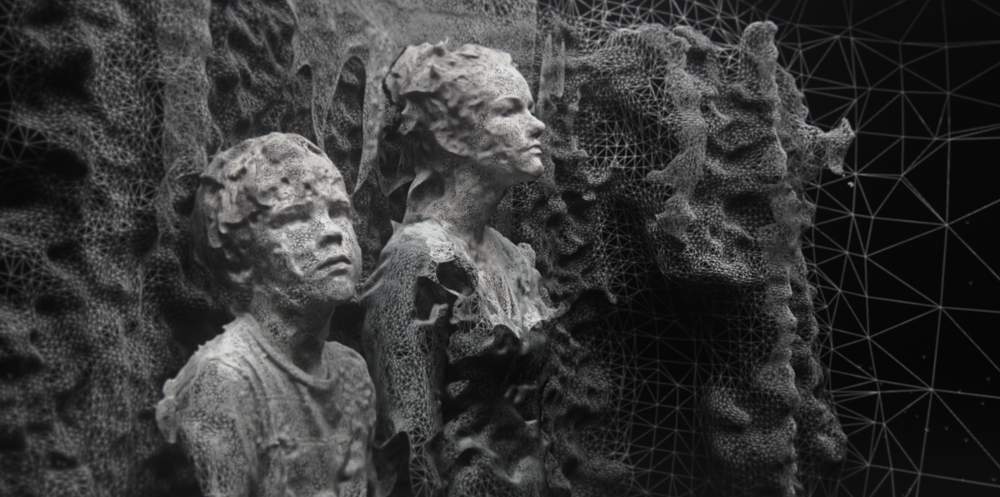







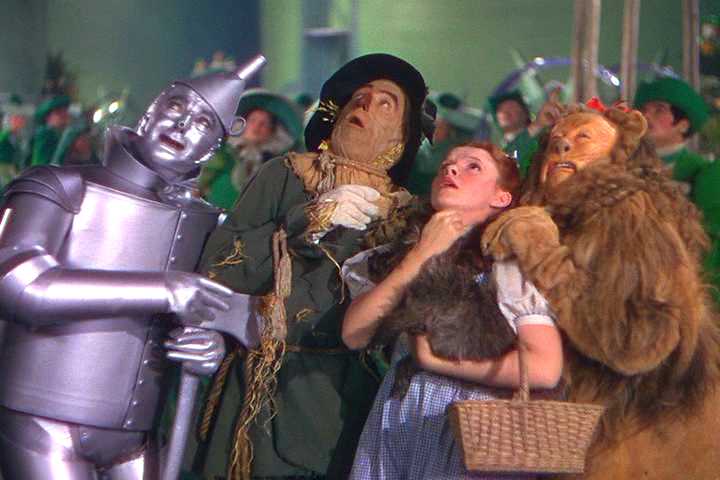
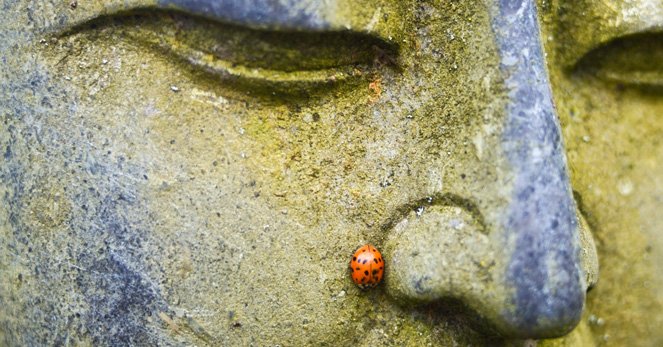


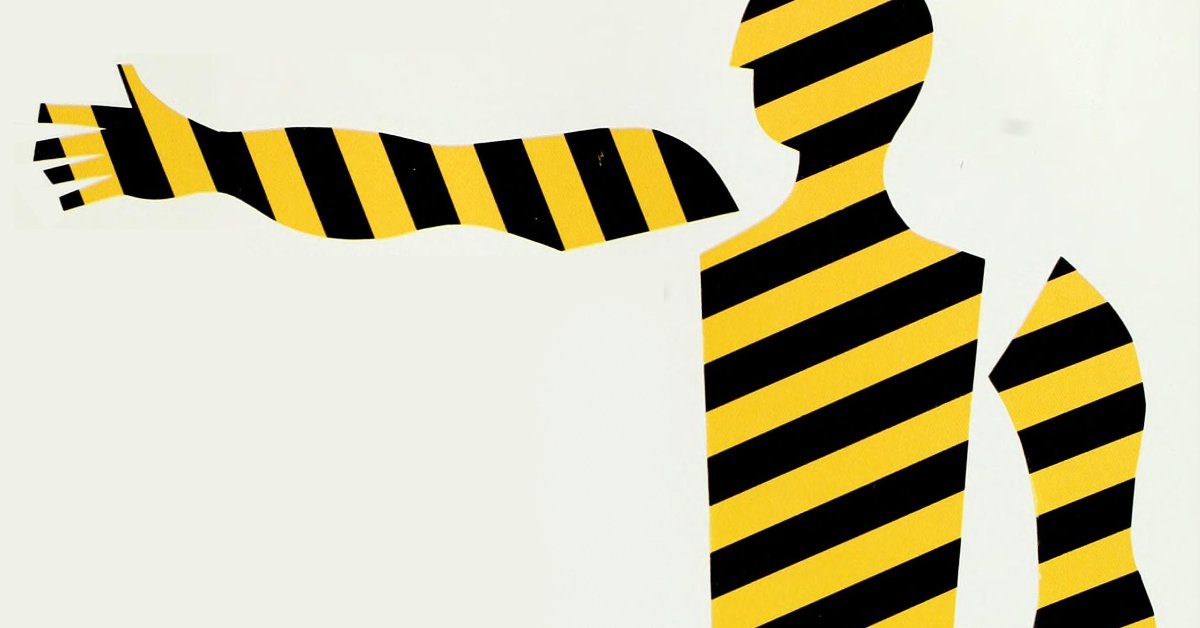

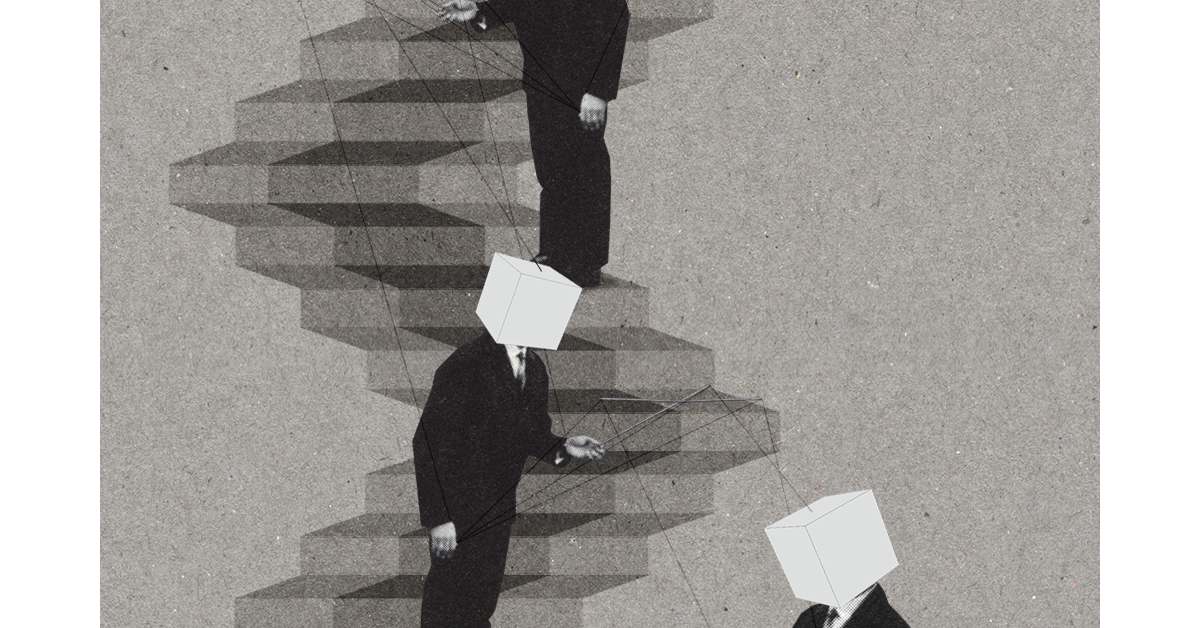
![[ C ] Chuck Close - Dalai Lama (2005) | Credit: cea+](https://rickbellingham.com/wp-content/uploads/2016/11/flickr_centralasian_dalailamabychuckclose_web.jpg)
